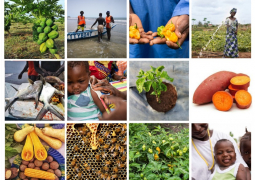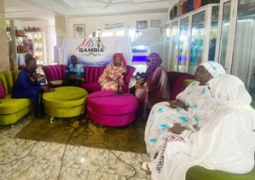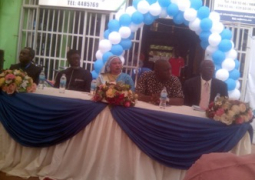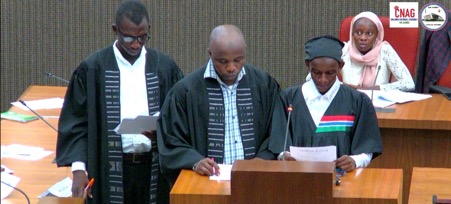
The forum, which is the second assembly since inception in 2018, also witnessed members electing a new speaker of the assembly.
The Children Assembly comprises 105 membersfromvarious regions in the country.
In his opening remarks, Lamin Jawo, the newly elected speaker, while congratulating also thanked his follow members for the trust and confidence reposed in him to serve as the speaker.
Speaker Jawo also called on his colleague members to represent their fellow children with purpose, dignity and honor.
“Let this assembly continue to be living embodiment for addressing the plight of children in the country.” he added.
Deputy Speaker of the National Assembly, Seedy S.K.Njie, shed light on the importance of empowering children.
“If you want to build a county of responsible and responsive to her needs and aspirations in all spheres most important the socio-economic development of this country, we cannot do that without the commitment of the children and young people. As members of the National Assembly we are committed to joining you together along that path and it is our belief that together we will build a great nation.”
UNICEF Representative OIC, Mr Armand Gnahore, said they are committed to creating an environment where every child can survive, strive and reach their full potential hope in a society that puts children first.
He assured of their continuous support of UNICEF for them to reach their ultimate goals.
Bakary Y. Badjie, Minister for Youth and Sports, explained that the105 members of the Children's Parliament were elected at their regional level.
The composition, he added, is such that each region is given the opportunity to elect 15 members with a stipulated rule that out of those 15 two must be persons with disability.
"Additionally there is are 15 who are also nominated from other interest groups which bring the number to 105.
“Therefore, you are not a small body just by number but because you are also are here representing all the other children who elected you. ” he flagged.
CNAG is a platform for children to engage, dialogue and discuss with policy makers as well as to make recommendations to those policy makers for actions either by themselves or the government institutions.
Read Other Articles In National News
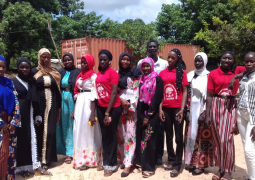
KEYCDA Girls Assembly trains community assoc committees on leadership, others
Sep 30, 2020, 1:37 PM
